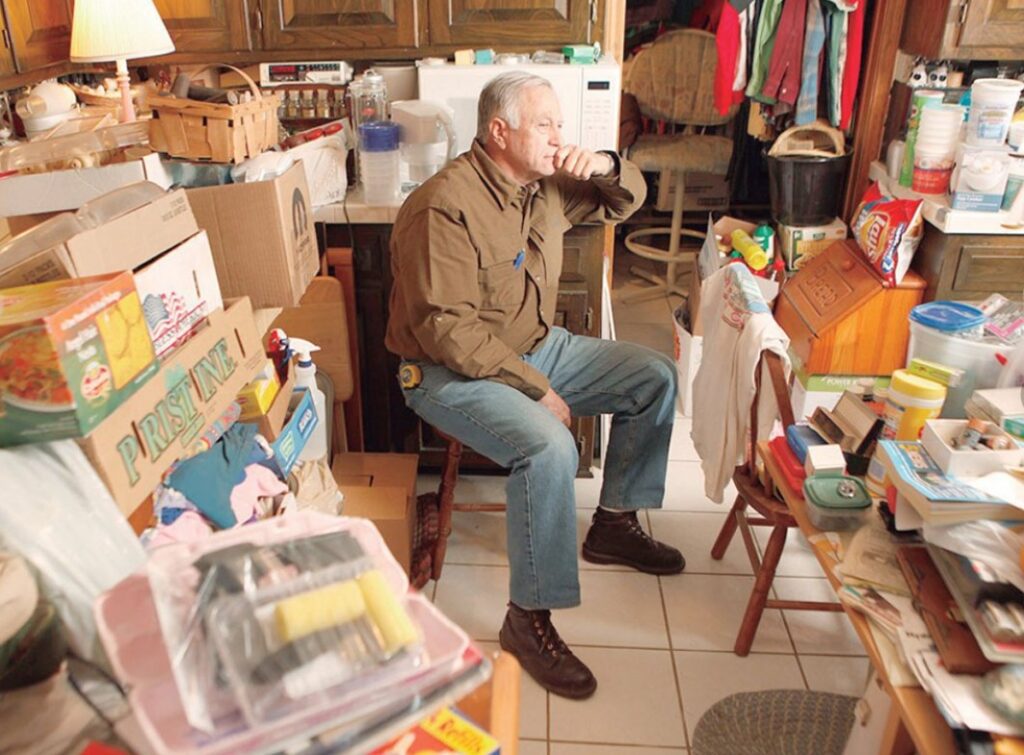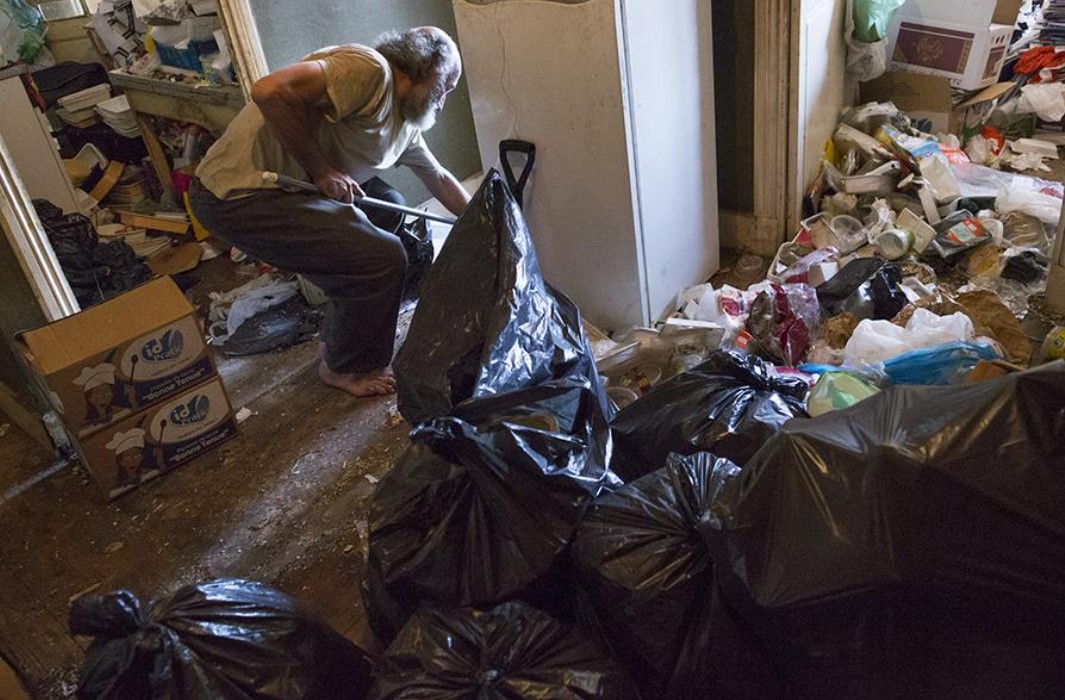Diogenes syndrome is a mental health disorder that is characterized by a pattern of deterioration. People with this syndrome often lack social and self-care. They have poor hygiene and socially isolate themselves. There are several different causes of the syndrome. Some of these reasons may include a lack of self -care, a lack of social contact, or even a skin condition, such as dermatitis passivata.
Lack of self-care
Lack of self-care is a symptom of Diogenes syndrome, which often affects people who are isolated or have experienced prolonged poverty. These individuals need help, guidance, and support to overcome the condition and get back on their feet. If left untreated, this disorder can lead to poorer overall health and decreased quality of life. While it is generally safe to leave these individuals alone, their need for assistance may be greater than their capacity. They may refuse to take on simple tasks and therapy, or may resort to hoarding their belongings.
The disorder can be difficult to diagnose and is often treated by family members, who should report their concerns. In severe cases, it may also manifest itself through conflict with neighbors. If this is the case, police may step in to protect the public. In most cases, a medical professional will need to conduct a physical examination and medical history in order to make a diagnosis. Imaging tests may be necessary to determine if the condition is a result of a traumatic event.
The condition can lead to alcoholism and substance abuse. Although its exact causes are unknown, some scientists believe it is a result of traumatic or stressful events. This condition is usually accompanied by social withdrawal. If it persists, treatment will include both psychological and social support.
source: messi wohnung
Lack of social contact

Lack of social contact is one of the most common symptoms of Diogenes syndrome. Individuals who suffer from this disorder become withdrawn and may begin to hoard their possessions. People who live in poverty are especially vulnerable to developing this condition, since basic needs can be difficult to afford. As a result, these people may turn to substance abuse or alcoholism as a way to cope with the lack of social interaction they experience.
Treatments for Diogenes syndrome may include psychological counseling and medications. Depending on the underlying psychological factors, these medications may relieve symptoms of mania and paranoia. Intensive psychotherapy may be helpful for some people. Other methods may involve hiring a private caregiver or personal care facility. Patients with the disorder may be reluctant to seek medical attention, and they may be afraid to go to a hospital.
People suffering from Diogenes syndrome usually come from families that struggled with poverty or have suffered from traumatic childhood experiences. While the majority of these individuals are elderly, it is not uncommon to find a diagnosis in middle-aged people as well. The early signs include a lack of social contact and
withdrawal from other people. Some patients also have poor judgment and personality changes, and symptoms may last for many years before a diagnosis is made.
A comprehensive history is crucial in the diagnosis of Diogenes syndrome. In addition to learning the individual’s medical history, the provider will perform a physical examination. Imaging technology may also be used to determine whether there is damage in the frontal lobe. Further examinations of the head and neck may reveal whether the patient has any other behavioral- health issues. Once the diagnosis is made, the appropriate treatment will be recommended.
For more information: https://turbo-entsorgung.de/

